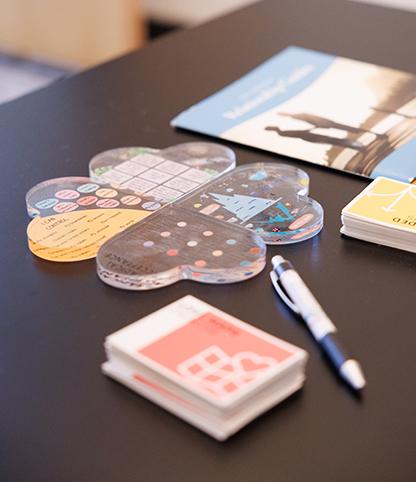One of the greatest gifts we can give our children is the ability to take responsibility. Responsibility builds confidence, strengthens family bonds, and sets the foundation for independence as children grow. As a counselling private practice, we often remind parents that teaching responsibility is not just about chores or rules. It is about helping children feel connected, valued, and capable.
Why Responsibility Matters
Children thrive when they understand that their contributions matter. When kids take on age-appropriate responsibilities, they begin to see themselves as capable members of the family. This sense of purpose not only builds maturity but also helps reduce behavior challenges, as children learn the value of follow-through and accountability.
Try It at Home: Chore Charts
One simple and effective way to introduce responsibility is by using a chore chart. Chores may seem small, but they carry big lessons. Completing tasks consistently teaches children about commitment, teamwork, and the satisfaction of a job well done.
A chore chart can also:
- Help children see their progress over time.
- Provide a visual reminder of tasks.
- Build a sense of pride and accomplishment.
When children check off completed chores, they are reminded daily that their actions matter.

Tips for Success
- Start Small: Assign tasks that match your child’s age and ability.
- Be Consistent: Regular follow-through shows that responsibilities are important.
- Praise Effort: Acknowledge your child’s hard work, not just the result.
- Model Responsibility: Let your child see you following through on your own commitments.
Beyond Chores
While chore charts are a great starting point, responsibility extends beyond household tasks. Encourage your child to take responsibility in other areas, such as caring for pets, managing schoolwork, or supporting a sibling. Each step reinforces the idea that responsibility is a valuable life skill.
Final Thoughts
Teaching responsibility is a gradual process, but every effort counts. By creating simple systems like chore charts and modeling responsible behavior, you are setting your child up for lifelong success. If you would like more personalized guidance on supporting responsibility and independence in your child, our counselling practice is here to help. Reach out to book a session and learn strategies tailored to your family’s needs.

